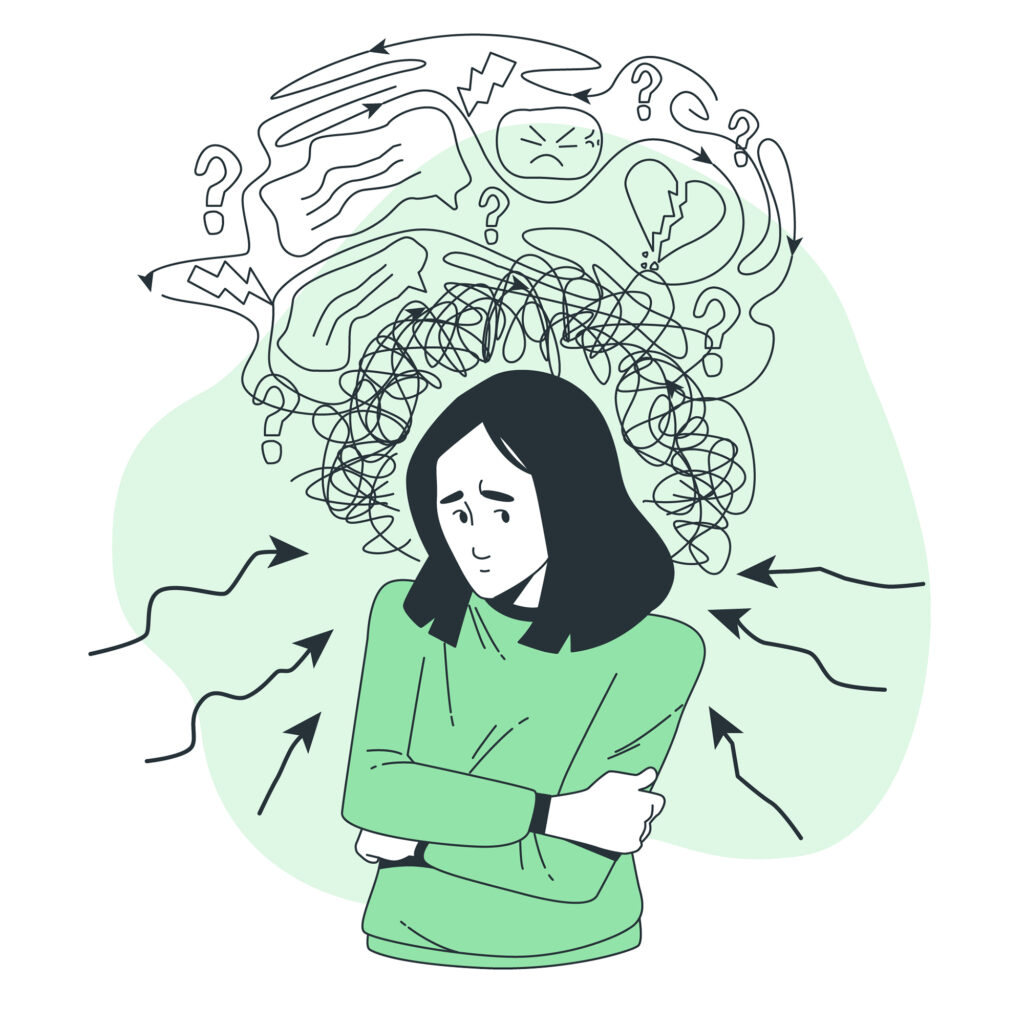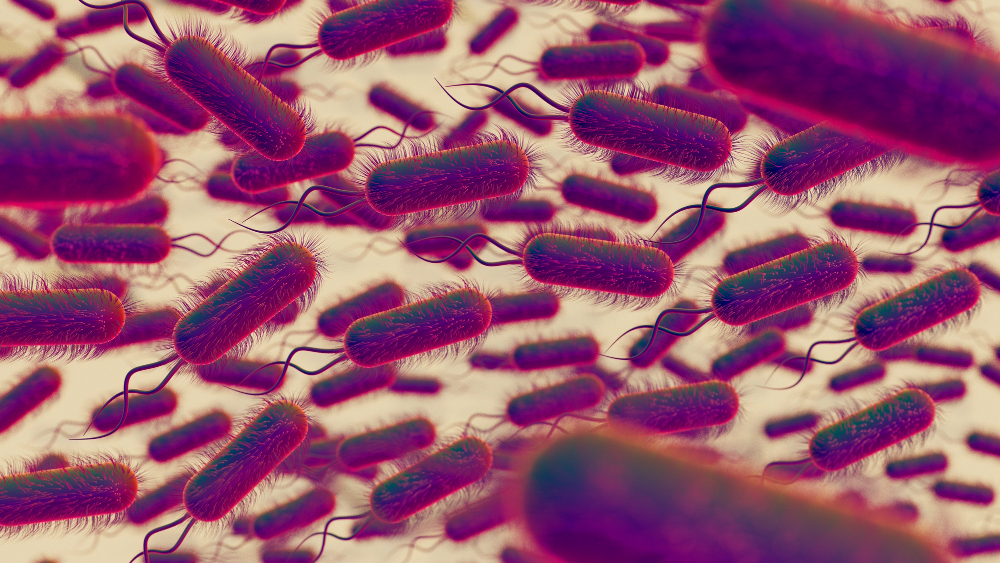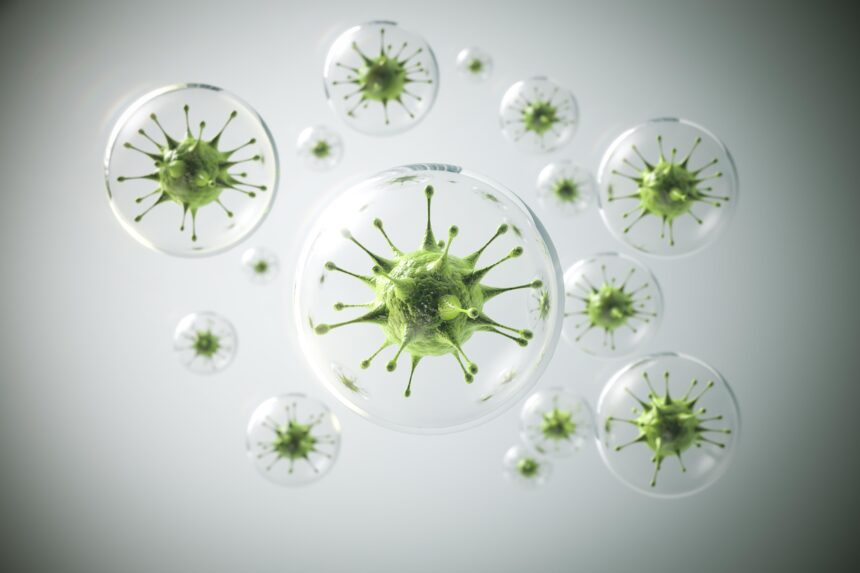The connection between the gut and the brain, often referred to as the “gut-brain axis,” has gained significant attention in recent years, especially when it comes to mental health. One of the most fascinating aspects of this connection is how your gut microbiome — the trillions of bacteria, viruses, fungi, and other microorganisms that live in your digestive tract — can influence your mental well-being, including anxiety.
What is the Gut Microbiome?
The gut microbiome is a complex community of microbes residing in your intestines. These microorganisms play a vital role in digestion, immune function, and even the synthesis of certain vitamins. However, research has shown that their influence extends far beyond digestion, impacting everything from your immune response to your mood and mental health.
The Gut-Brain Axis: A Two-Way Communication System
The gut and the brain are constantly communicating through a system known as the gut-brain axis. This communication occurs via several pathways, including the vagus nerve (a direct neural connection), immune system signaling, and the production of neurotransmitters and hormones. Essentially, your gut and brain send signals back and forth, meaning that what happens in your gut can directly affect your mental state, and vice versa.
How Does the Gut Microbiome Influence Anxiety?

- Production of Neurotransmitters: The gut microbiome plays a crucial role in the production of neurotransmitters — chemicals that help transmit signals in the brain. In fact, around 90% of serotonin, a neurotransmitter that regulates mood, sleep, and anxiety, is produced in the gut. Imbalances in the gut microbiome can lead to disruptions in serotonin production, potentially contributing to feelings of anxiety and depression.
- Inflammation and Immune System Modulation: A healthy gut microbiome helps maintain a balanced immune system. When the microbiome is out of balance (a state known as dysbiosis), it can lead to chronic inflammation, which has been linked to various mental health disorders, including anxiety. Inflammatory markers in the body can affect brain function, leading to changes in mood and cognition.
- Stress Response Regulation: The gut microbiome also influences how the body responds to stress. Studies have shown that an imbalance in gut bacteria can lead to heightened stress responses and increased vulnerability to anxiety. For example, an overgrowth of certain types of bacteria can amplify the release of cortisol, the body’s primary stress hormone, leading to heightened feelings of anxiety.
- Microbial Metabolites and Brain Function: Some gut microbes produce metabolites, such as short-chain fatty acids (SCFAs), that play a role in brain health. SCFAs have been shown to influence the blood-brain barrier, a protective layer that regulates which substances can enter the brain. A disrupted microbiome can alter the production of these metabolites, potentially impairing brain function and contributing to mental health issues, including anxiety.
Signs of an Imbalanced Gut Microbiome and Anxiety
If you’re experiencing anxiety, it could be linked to an imbalance in your gut microbiome. Common signs of dysbiosis include:
- Digestive issues like bloating, constipation, or diarrhea
- Cravings for sugar or processed foods
- Brain fog or difficulty concentrating
- Low mood or irritability
- Increased feelings of anxiety or nervousness
If you notice these symptoms, it might be a sign that your gut health is influencing your mental state.
How to Support a Healthy Gut and Reduce Anxiety

- Eat a Diverse, Plant-Rich Diet: A varied diet rich in fruits, vegetables, whole grains, and legumes helps promote a diverse microbiome, which is essential for good mental health. Fiber, in particular, feeds beneficial gut bacteria and supports the production of healthy metabolites like SCFAs.
- Incorporate Probiotics and Prebiotics: Probiotics (live beneficial bacteria) and prebiotics (foods that nourish these bacteria) can help support a healthy gut microbiome. Foods like yogurt, kefir, kimchi, sauerkraut, and other fermented foods are excellent sources of probiotics, while foods like garlic, onions, and bananas are rich in prebiotics.
- Limit Processed Foods and Sugar: Diets high in processed foods, refined sugars, and unhealthy fats can promote an imbalance in the gut microbiome, leading to inflammation and potentially exacerbating anxiety. Reducing your intake of these foods can help maintain a healthier microbiome and reduce the risk of anxiety.
- Manage Stress: Chronic stress negatively impacts the gut microbiome. Practices such as yoga, meditation, deep breathing, and regular physical activity can help reduce stress and support gut health. The more you manage your stress, the better your gut microbiome can function, which, in turn, may help reduce anxiety.
- Consider Supplements: Some studies suggest that probiotic supplements may help reduce symptoms of anxiety by balancing the gut microbiome. However, it’s important to consult with a healthcare professional before introducing any new supplements to your routine.
Conclusion
The relationship between your gut microbiome and anxiety is a dynamic one, with your gut health playing a significant role in shaping your emotional and mental well-being. While more research is needed to fully understand the mechanisms behind this connection, it’s clear that maintaining a healthy gut microbiome can have a positive impact on your mental health. By nourishing your gut with a balanced diet, managing stress, and supporting the growth of beneficial bacteria, you can help promote a healthier, more resilient mind and reduce feelings of anxiety.
Also Read: https://lifescienceinsights360.com/blog/exploring-the-efficiency-of-cyberknife-for-prostate-cancer/






